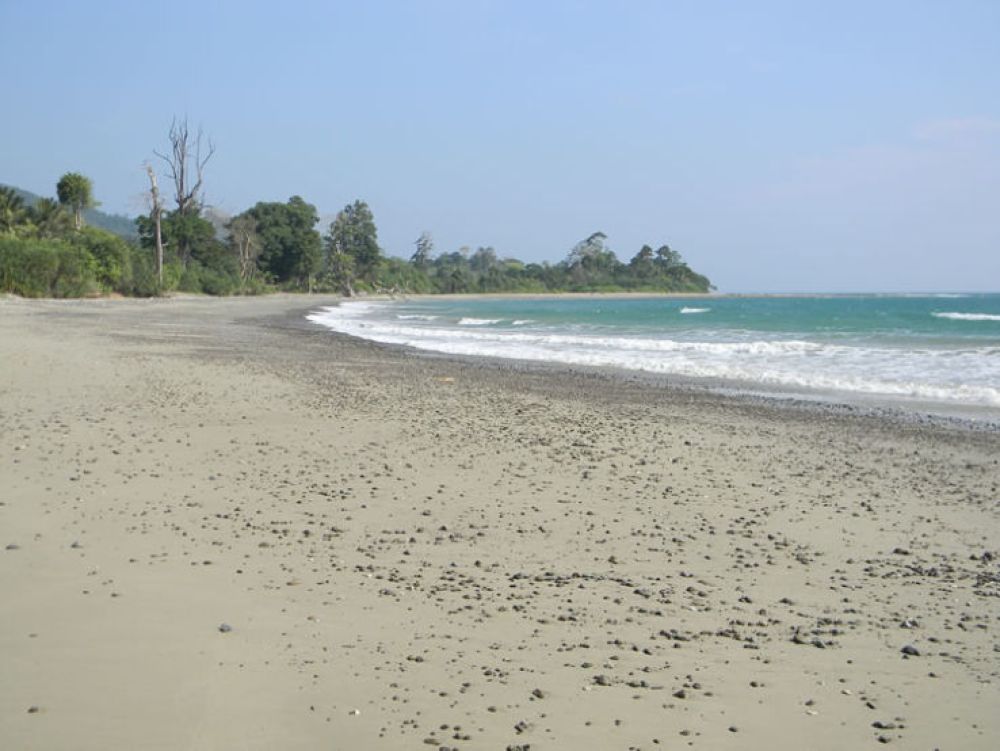

The Andaman and Nicobar Islands, an archipelago located in the Bay of Bengal, has been a spot of mystique and allure for travelers over several decades. It was not until the late 20th century that tourism began to flourish, accelerated by improvements in accessibility and infrastructure. The history of tourism in these islands has evolved significantly from being a penal colony during the British raj to becoming one of India's most sought-after tourist destinations.
Amkunj Beach, specifically, is a relatively new entrant in the roster of tourist spots in the Andaman and Nicobar Islands. Rangat, where Amkunj Beach is located, had for many years remained overshadowed by more popular destinations like Havelock Island. However, as sustainable and ecotourism started gaining traction, Amkunj Beach came into the spotlight for its rustic charm and the focus on conservation efforts.
One of the key developments in the history of tourism at Amkunj Beach has been the conscious effort towards environment-friendly practices. The beach is known for its rocky formations and has been developed as an eco-park by the forest department. Local communities and authorities have been working together to maintain the delicate ecological balance while promoting tourism.
Initially, Amkunj Beach lacked basic amenities for travelers. However, the recent push for development has led to the establishment of eco-huts, sitting benches made from upcycled wood, log sofas, and nature trails, making it more accessible and comfortable for tourists. This has played a significant role in the history of tourism at Amkunj Beach, helping it to become an emerging eco-tourism destination.
Today, the tourism trend at Amkunj Beach is characterized by an appreciation for serene and untouched natural environments. Tourist activities include bird watching, beachcombing, and witnessing the rich marine life. A significant rise in the number of tourists seeking tranquil and eco-friendly vacation spots has boosted Amkunj Beach's popularity.
Furthermore, with the recent global emphasis on eco-conscious travel, the Andaman and Nicobar Islands, and especially Amkunj Beach, have attracted travelers interested in sustainable and responsible tourism. The islands have put in a lot of effort to promote plastic-free initiatives and encourage tourists to participate in conservation activities.
The future of tourism at Amkunj Beach looks promising with continuous efforts towards sustainable practices and community engagement. The beach's rustic beauty combined with the conscious approach to tourism sets a great example of how travel experiences can be enriching while maintaining a harmonious relationship with nature.
As travelers worldwide become more environmentally conscious, Amkunj Beach's commitment to sustainable tourism is likely to keep it on the map as a desirable destination for years to come.